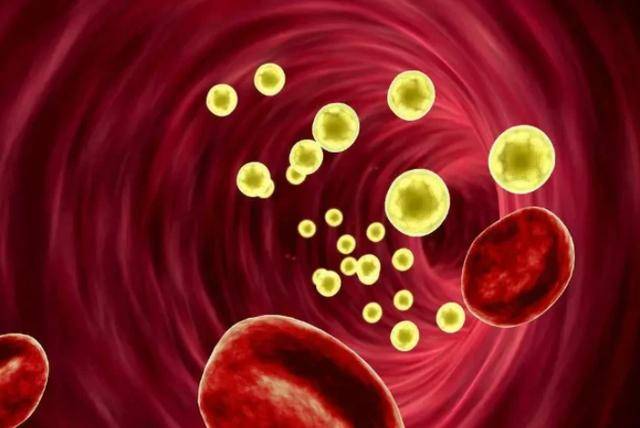Regarding the issue of hyperlipidemia, we cannot simply categorize it as a condition exclusive to middle-aged and elderly individuals. In fact, with the changes in modern lifestyles and dietary structures, hyperlipidemia is no longer just a “patent” of the elderly; it is gradually becoming more common among younger people.
According to several studies conducted in recent years, the prevalence of hyperlipidemia is rising year by year, with approximately 4 out of every 10 adults experiencing lipid abnormalities.
This figure is surprising, and even more surprising is that compared to other chronic diseases such as diabetes and hypertension, the issue of lipid abnormalities is often overlooked.
Normal range of blood lipids
Blood lipids refer to the lipid substances in the blood, including cholesterol and triglycerides. These substances are beneficial to the body in appropriate amounts; however, excessive blood lipids can increase the risk of cardiovascular diseases.
Therefore, understanding the normal range of blood lipids is very important. Normally, the total cholesterol level for adults should be below 200 mg/dL, while low-density lipoprotein cholesterol (LDL-C) should be below 100 mg/dL.
High-density lipoprotein cholesterol (HDL-C) levels should be above 40 mg/dL, and triglyceride levels should be below 150 mg/dL.
Can people with high blood lipids eat potatoes?
Potatoes are well known for their high-quality fiber and their properties that promote gastrointestinal digestion and absorption, which is why many individuals with hyperlipidemia consider them a top choice for lowering fat.
However, apart from this property, potatoes also contain a very high amount of carbohydrates. If too much potato starch is consumed, its easy absorption characteristic can lead to excess sugar being converted into fat and exist in the form of triglycerides.
If the cooking methods for potatoes are frying, baking, or stewing, it can also result in excess calories. If you really enjoy eating potatoes, it is best to choose boiling or steaming them while reducing portion sizes.
Doctors remind: In addition to potatoes, these 3 types of “vegetarian” food should also be eaten in moderation
1. Sweet potatoes
Sweet potatoes are a very healthy food rich in dietary fiber, vitamins A and C, as well as minerals such as potassium and magnesium. However, sweet potatoes have a high sugar content, and excessive intake may lead to increased blood sugar and blood lipids. Therefore, for patients with hyperlipidemia, sweet potatoes should be consumed in moderation.
2. Eggplants
For many people, eggplants are a very popular food with rich nutritional value in our daily lives.
However, due to their unique structure, eggplants are very easily absorbent of oils. If consumed, one can intake a large amount of fat, thus affecting the stability of blood lipids. Therefore, one should try to avoid eating them as much as possible.
3. Peanuts
In addition to the aforementioned vegetables, there is another food that may cause lipid imbalance: peanuts. Peanuts are also highly nutritious, and as an oilseed crop, they contain oil as implied by the name. Despite their small appearance, they are not lacking in fat content and oil at all.
Do you know how much fat is contained in peanuts? The fat content within them is more than half of their own volume. Normally, if the body is healthy and functioning properly,


